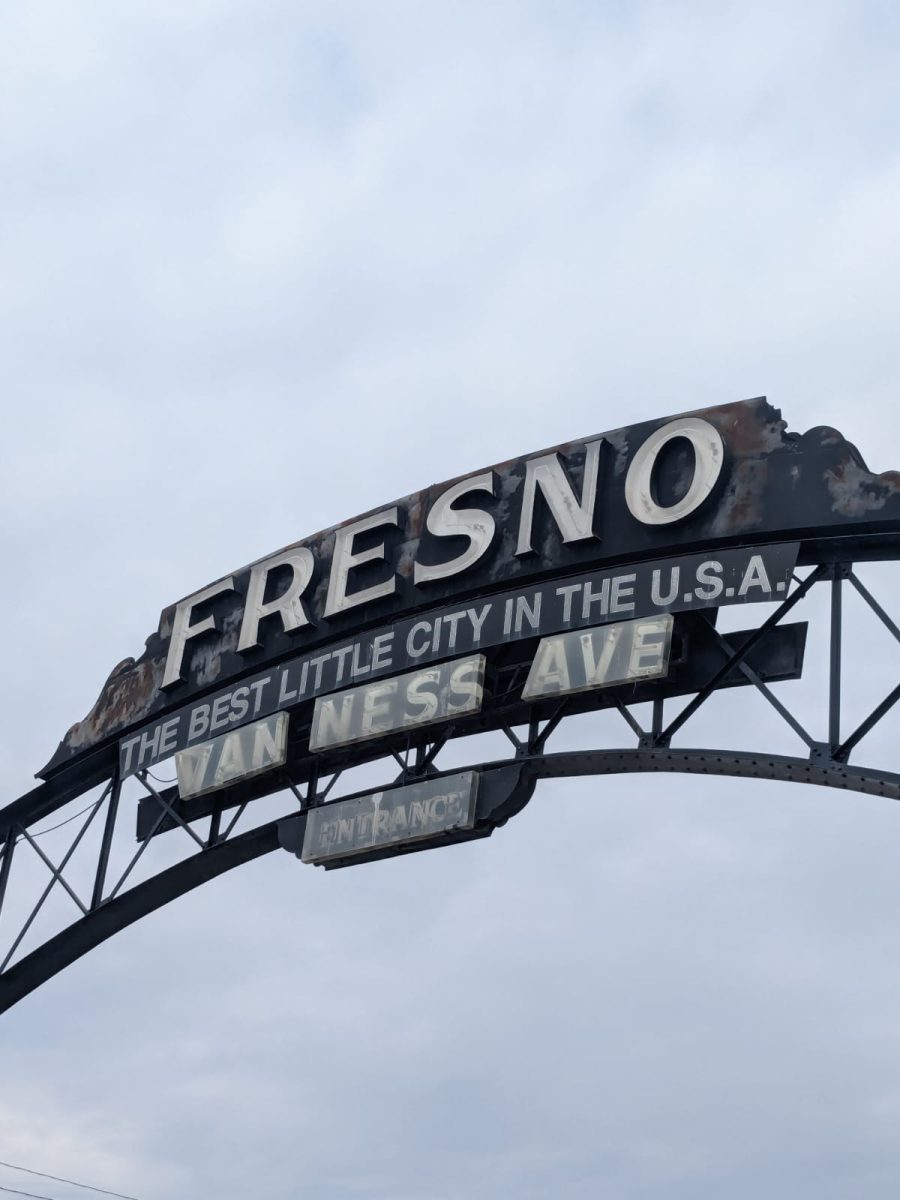Marriage is not an institution. Arguments concerning Proposition 8’s legal grounds are irrelevant. The issue at hand is whether or not the state has any right to license marriages. The right to certify or refuse a marriage should be left to citizens and religious institutions.
Although marital laws presently outlined by the state may correlate with the beliefs of certain religious groups, those in support of Proposition 8 have inadvertently reaffirmed the rule of the state over their own religious values. The First Amendment of the Constitution clarifies that, “Congress shall make no law respecting an establishment of religion, or prohibiting the free exercise thereof ….” The ceremony of marriage is the free exercise of religion and expression.
The United States has a rich history of restricting the moral activities of its people. The controversies brought about by Proposition 8 are merely the modern forms of this tired practice. As recently as half a century ago, governments throughout the nation restricted marriages between African Americans and European Americans. The intermarriages of rival faiths such as Catholics and Protestants were occasionally prohibited as well.
Secular and non-secular institutions should have every right to provide for or discriminate against an individual’s intention to marry, under any prejudices and for any reason. Whether a church exclusively marries women with women or whether a congregational leader simply doesn’t like your attitude, religious institutions should carry an equal right in denying marriages under a unique prejudice as they do in turning away players for their annual softball tournament.
Furthermore, individuals have a responsibility to discover an alternative when faced with discriminatory practices. In most cities, several faiths are available to seekers. Numerous religious groups would gladly marry people looking to ordain their love for one another. Instead of suffering the discrimination of hard-lined institutions, citizens could elect to either follow the strict terms of a conservative sect or search for an alternative.
Marital discrimination crosses over to multiple factors in American life. In Utah, if a child living with a gay parent loses their father or mother to pancreatic cancer, the state will not recognize a domestic partner as a legal parent or guardian of that child. Under this scenario, if the second biological parent is unable to care for the child, the state of Utah opts to remove the child from a gay household in order to place them into either a foster care program or into the custody of relatives. To make matters worse, Utah outlaws adoptions to any unmarried individual and couple.
In this scenario, the non-biological, gay parent of a child would be left without recourse. This outcome would cause untold damage to a child’s development. It should be noted that Utah’s adoption system is so poorly run and disorganized that as a result of the damage the state has caused to children’s livelihoods, Utah now falls under federal supervision. Presently, 21 states have granted legal parental status to gay couples.
Governmental guidelines to marriage interrupt the liberty and wellbeing of religious institutions, consenting adults, children and families. The sanctity of marriage is a matter for the beholder. The historical lineage of claims by the state to justifiably rule over sovereign religious practices must come to an end.






